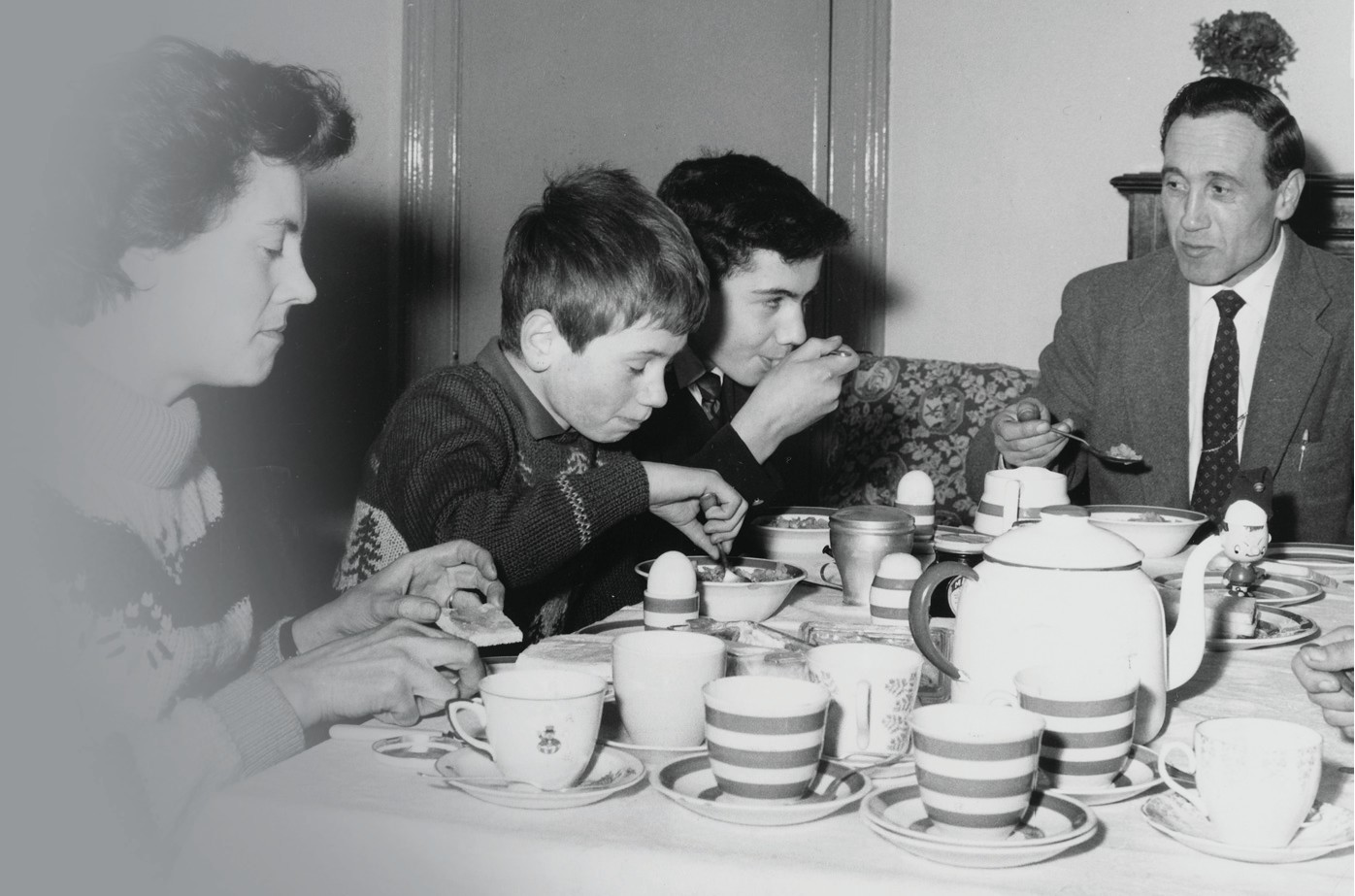
The sociology of the family is poised for a positive new direction after a long period of fruitless theorising. We need to take a long-term view to understand this. In most societies, most of the time, the family is regarded approvingly as the most fundamental of all social institutions. It is the place where children are reared and socialised, and where they find their starting place in the wider society.
But the family also provides the key framework whereby adult males are given their responsibilities to others, which transform most of them into useful and caring members of the community. However, this very centrality of the family to the question of how to make societies work is also its weakness.
Your organisation does not have access to this article.
Sign up today to give your students the edge they need to achieve their best grades with subject expertise
Subscribe




